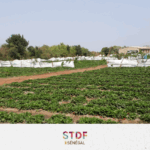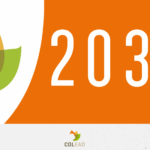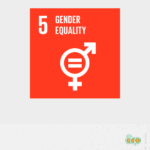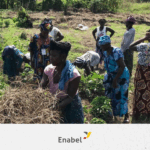- 08/05/2024
- Posted by: Sandra Borma
- Category: News
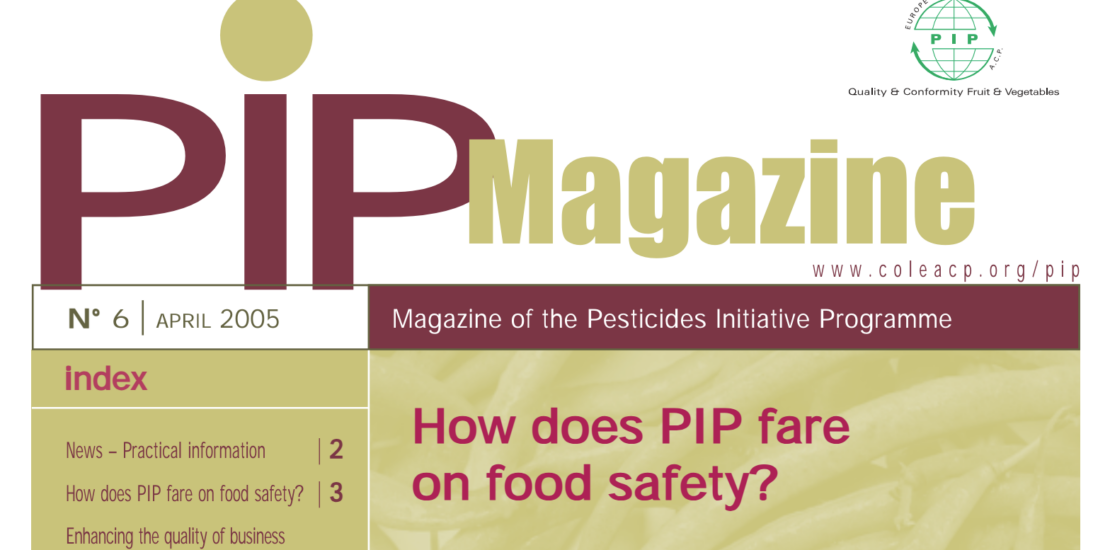
FLASHBACK 2005 : HOW DOES THE PIP (PROGRAMME) TACKLE FOOD SAFETY?
A member of the European Parliament’s Agriculture Committee, Robert Sturdy (UK, Conservative) has contributed to the development of rules on the food safety of agricultural products placed on the market in the European Union: “We certainly do not want this legislation to be a barrier to trade,” he says. “But I can understand that a farmer in Africa, where regulations and controls are not the same as in Europe, might see it as an insurmountable obstacle. I think farmers be need to be better informed and trained about what we require in in Europe. If farmers know what they have to do, they will do it.
This was one of the tasks of the Pesticides Initiative Programme (PIP), launched in 2001 by the European Union at the request of the ACP Group of States. The PIP aims to help stakeholders in the ACP fruit and vegetable production and export sectors in their efforts to meet European requirements for food safety and traceability. By demonstrating that they have mastered the necessary production and export processes, ACP companies will have a chance to access EU markets.
PIP’s support involves a number of very practical actions: raising awareness and informing ACP producers/exporters of the requirements introduced by European regulations; helping companies to set up effective food safety and traceability systems adapted to specific problems; training different groups, from company executives to small producers and technical managers of intermediary bodies such as Business Membership Organisations (BMOs). The PIP has already signed cooperation agreements with some 105 companies in 21 ACP countries. Behind these export companies are nearly 75,000 small farmers who benefit from the support, advice and training provided by the programme. Step by step, an entire industry is working with the PIP to lay the foundations for fruit and vegetable production that meets the EU’s most stringent food safety requirements. It is clear that the effort is not negligible: it requires long-term commitment and considerable investment, both human and material. But this commitment can bear fruit: the success of a number of companies – SEPAM in Senegal or Myner Exports in Kenya illustrate the results that can be achieved, even if not all PIP beneficiaries have yet reached the same level.
Strengthening the sector’s environment
Beyond individual experiences, the idea is to broaden the scope, says Hélène Fiagan, a market access expert at the General Secretariat of the ACP Group of States: “There needs to be more exchange of information and experience, both between companies in the same country or region and between ACP regions,” she explains. To do this, but also to maintain their achievements and move forward, ACP fruit and vegetable companies need quality services and economically viable solutions available at the local level. Depending on the needs identified and expressed by producers, the PIP sets up actions to build the capacity of the local environment in which the sector operates. In other words, the PIP’s action aims to improve the quality of the services offered to producers and companies by the various players (BMOs, laboratories, registration bodies, service providers, etc.).The 50 or so agreements already signed in this context include support programmes aimed at improving the skills of local consultants. Thanks to this support, local service providers have become the programme’s main relays for training activities in their country or region.
Source : PIP Magazine, N° 6 APRIL 2005

